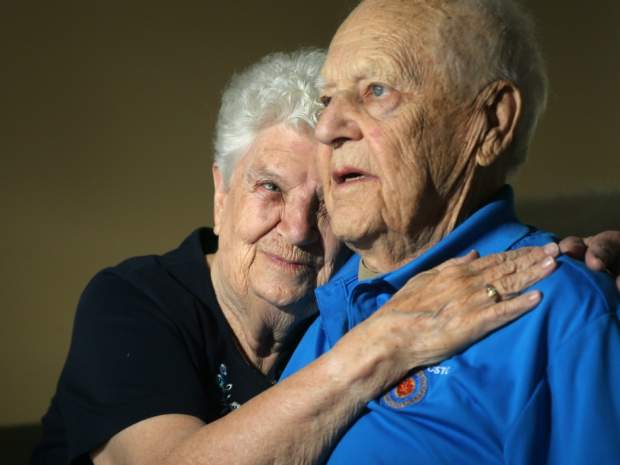Today, cosmetic surgery is booming and the demand for procedures has never been as high as it is now. People of all ages are in search of curing those self diagnosed imperfections by going under the knife in order to restore their confidence.
According to the American Society for Aesthetic Plastic Surgery (ASAPS), they’ve interestingly found that more over-65s are having cosmetic surgery than ever before. Their figures recorded a rise of almost 30% in the number of elders entering into procedures and treatments.
The reason for this is thought to be down to the change in perception of how we’re going to live the later years of our lives. No longer do over 65s have the associated stigma or stereotype that they’re inactive and in need of looking after.
Today, seniors are telling us a very different story. They’re showing us that their lives are given a re-birth when retirement hits and they are becoming more social than they have ever been. Now, elderly adults seek out activities to stay fit, they travel the globe to new places and they like to look after their appearance, especially for all of the events they attend!
The older population are now conscious of maintaining a more youthful look whether it is for reasons related to confidence, retirement celebration or prevailing in a job market. Data has been released that shows that the elderly are entering into cosmetic procedures such as facelifts, neck lifts and even Botox to remove the signs of ageing. Sometimes they also seek less invasive surgeries such as skin resurfacing in order to remove sun damaged skin during their lifetime.
The perception of this over 65 move is one that causes controversy in the masses, with people questioning why they choice to do it. A recent study however, has supported the seniors move offering a positive piece of news for cosmetic surgery for seniors.
The study suggests that older patients thinking about whether its safe to undergo a cosmetic procedure need not worry about age being a factor in their decision.
“Safety of Cosmetic Procedures in Elderly and Octogenarian Patients,” a study led by Max Yezhelyev, M.D., Vanderbilt University, Department of Plastic Surgery, finds that the complication rate among older men and women who have cosmetic procedures is no different than that of younger patients.
The Vanderbilt doctors analysed data over a 5-year period from more than 129,000 patients. More than 6,700 of these patients were seniors, with an average age of 69.1. They underwent procedures including facelifts, liposuction and abdominoplasty.
The researchers found that post-op complications among the elderly occurred at a rate of 1.94 percent, which is statistically insignificant when compared with the 1.84 rate that was discovered among younger patients. The rates were similar despite older patients having above-average health-related indicators, such as a higher Body Mass Index’s and a higher incidence of diabetes.
The only differing risk, in comparison to that of younger people, is the effect of anaesthesia on the elderly, which is only required with certain treatments.
During anesthesia, drugs are administered to prevent patients’ pain receptors and dull their awareness to the point where they are reversible sedated. This guarantees that they won’t experience discomfort during their surgery. The general anesthetics tend to work mainly on the brain to allow for a reversible loss of consciousness.
A point to be aware of is that while anesthesia is reversible and harmless in most surgical patients, the elderly may have a higher chance of experiencing difficultly when it comes to recovering. In some cases, it can increase the risk of dementia and the development of neurodegenerative disorders like Parkinson’s or Alzheimer’s disease.
Despite this, as stated above, the complication rate is no different from that of lower aged patients. With surgery, there are always risk with any procedure but the majority of the time, everything goes to plan with successful treatments and no signs of cosmetic surgery negligence. What is important to remember is that whatever treatment you undergo, whatever age you are, you get honest advice from the surgeon you choose.
Dr. Yezhelyev summed up the upbeat result of the research by saying, “We believe the results of our study will help plastic surgeons educate elderly patients about the safety of cosmetic procedures they may be considering… the study can reassure our plastic surgery colleagues that cosmetic procedures can be safely performed in carefully selected patients of advanced age.”

